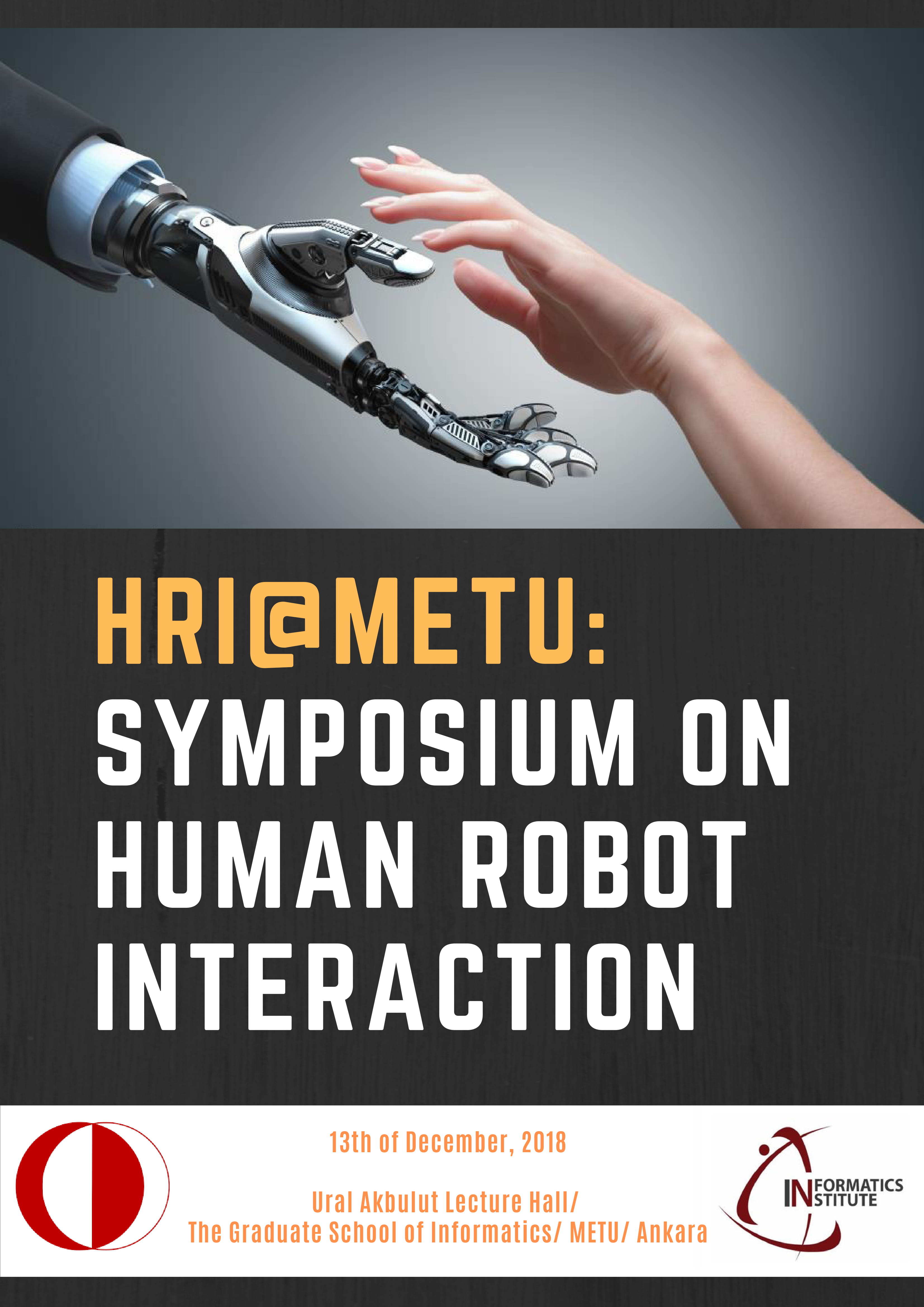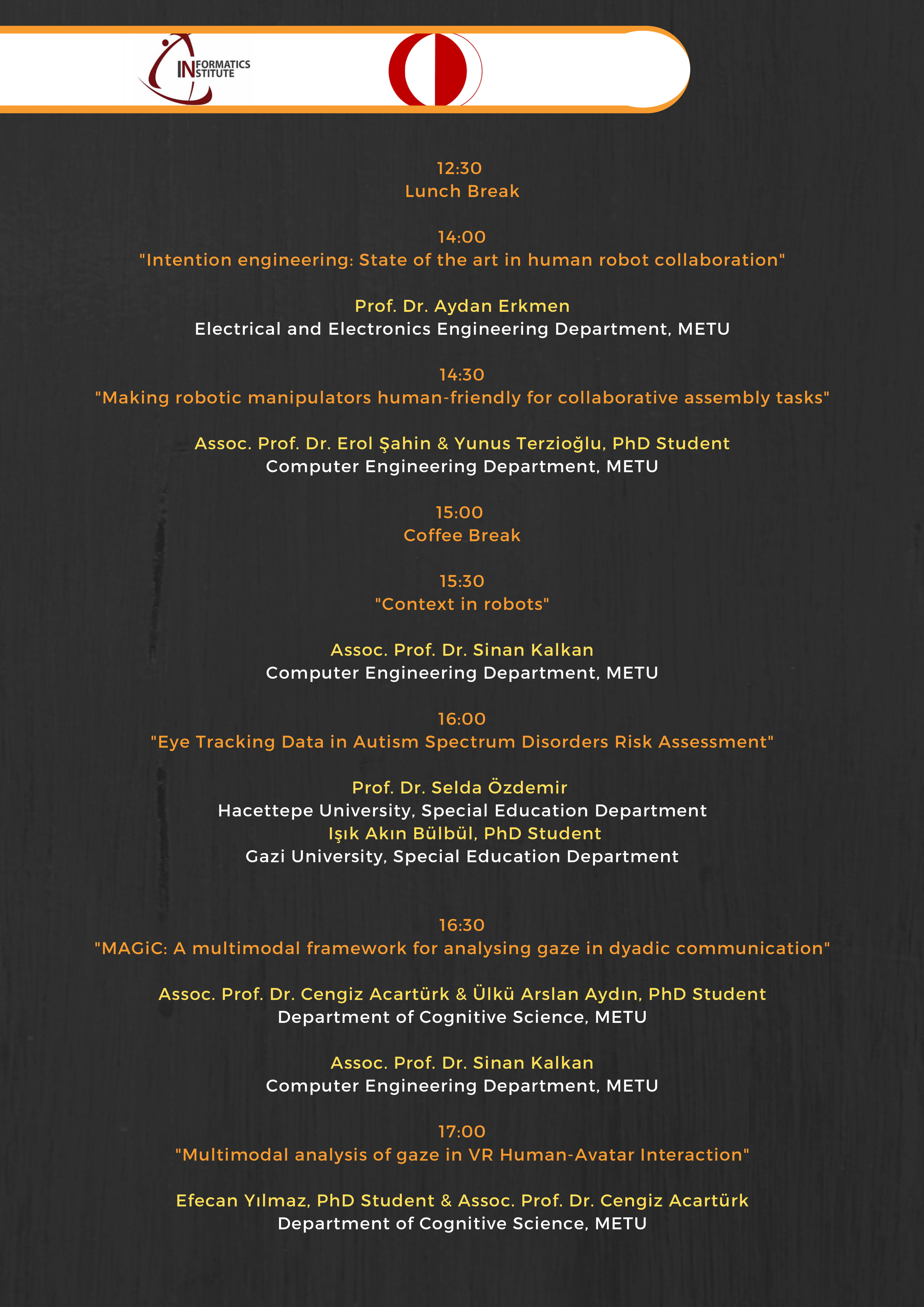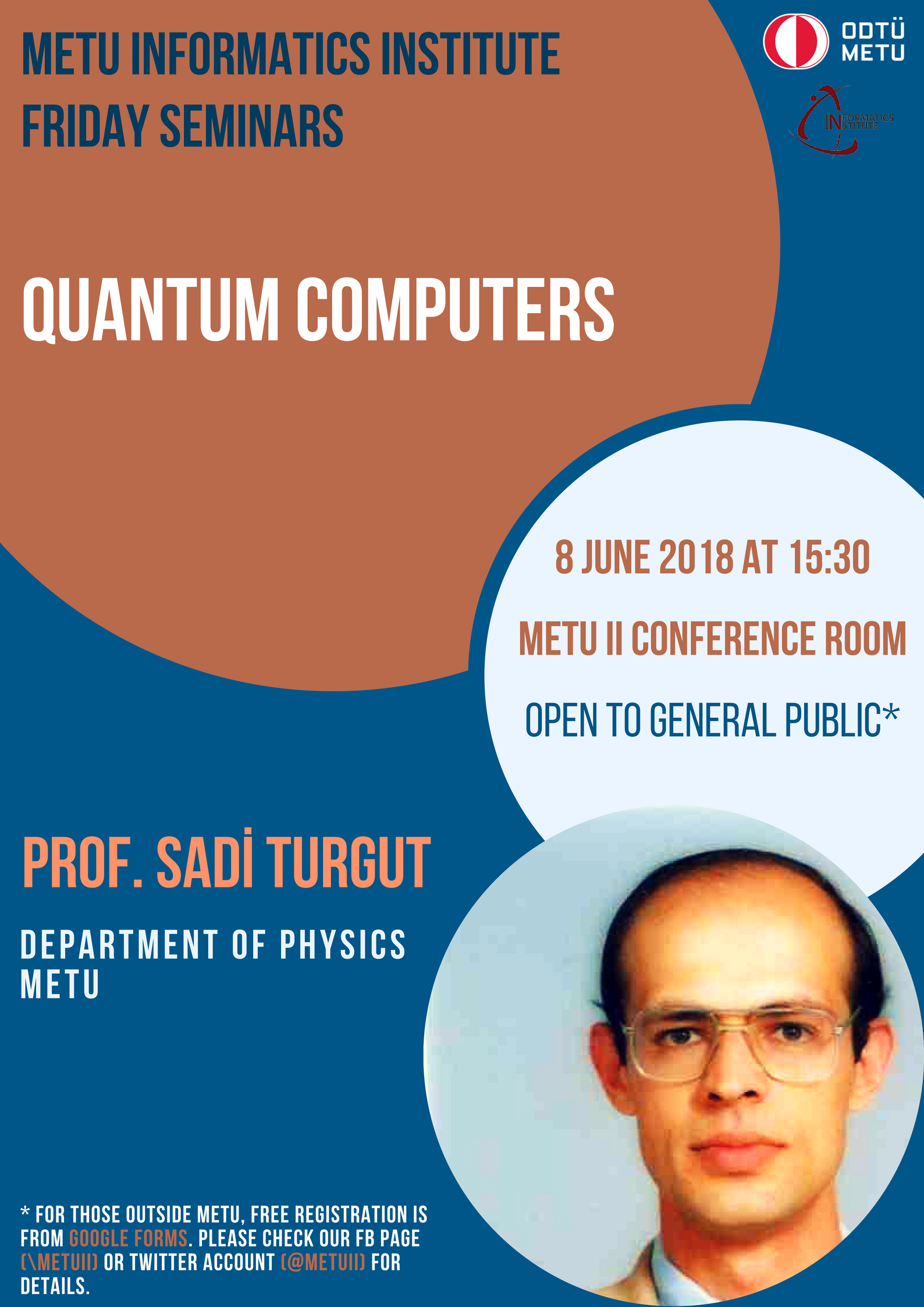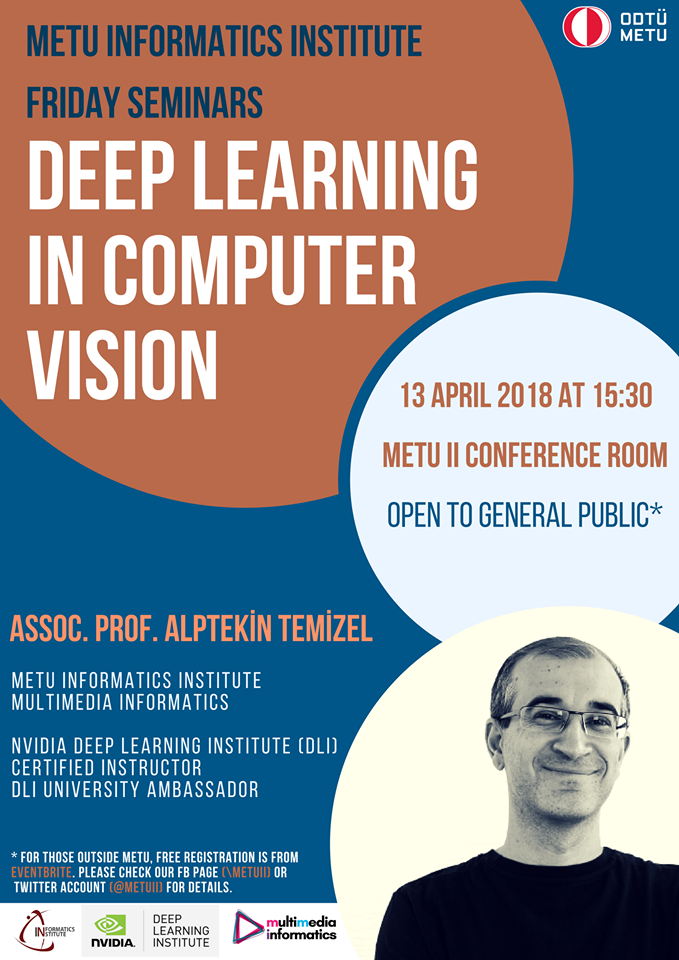Konu: Algorithmic Therapeutic Oncology
Konuşmacı: Dr.Murat Çobanoğlu ( UT Southwestern, Lyda Hill Department of Bioinformatics, Texas, USA )
Düzenleyen: Sağlık Bilişimi Anabilim Dalı
Tarih: 24 Aralık 2018, Pazartesi 11:30
Yer: Enformatik Enstitüsü 1 nolu Sınıf
Abstract: The cost of discovering a new drug has doubled every 9 years to reach more than $2bn per new molecular entity today. The high cost reflects the high rate of failure: only about 10% of all drug candidates in clinical trials get approved. Oncology has the worst success rate among all areas, standing at only 5.1%. Consequently, most new cancer drugs cost in excess of $100k per year per patient, making access to therapy difficult. We want to change that. We think that the solution lies in using clinically relevant assays to replace the reductionist high throughput preclinical assays. The lower throughput of more advanced assays necessitates three or four orders of magnitude reduction in the number of experiments. We propose that large scale public data and machine learning are necessary and sufficient to deliver the required efficiency gain. I will discuss our preliminary results in (i) single cell RNA-seq classification, and clustering using Bayesian Pólya discriminant analysis and Pólya mixture models, (ii) differential TF activity inference using graph constrained fused lasso regularized linear models, (iii) cancer lineage-specific vulnerability identification and exploitation. I will also present one early success story in the form of a drug candidate that specifically kills BRAF WT melanoma, and not normal skin cells or normal immune cells. Drug name and chemical structure will be confidential.
Bio: Murat Can Cobanoglu studied Computer Science & Engineering (major) and Mathematics (minor) in Sabancı University from 2004 to 2008. He then obtained a master’s degree in Computer Science and Engineering also in Sabancı University, between 2008 and 2010, where he worked on the classification of GPCRs using family specific motifs. He received his Ph.D. degree from the Carnegie Mellon University – University of Pittsburgh Joint Ph.D. Program in Computational Biology under the supervision of Ivet Bahar, Ph.D. and D. Lans Taylor, Ph.D. where he worked on computational drug-target interaction prediction and applications in alpha1-antitrypsin deficiency and Huntington’s disease. He then joined the UT Southwestern Medical Center Lyda Hill Department of Bioinformatics as the inaugural UT Southwestern Distinguished Fellow. Outside of work, he is proud to be an épéeist as well as a member of and a frequent visitor to the Dallas Museum of Art.





